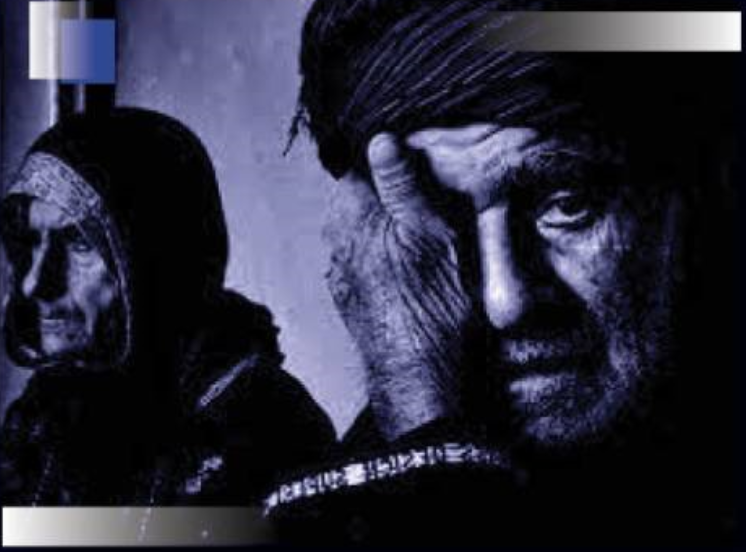Kurdistan Institution for Strategic Studies and Scientific Research proudly announces a new publication on “Role of facies changes in shifting trends of anticlines in the Zagros Fold-Thrust belt: Examples from Sulaimani area, Kurdistan Region, Northeastern Iraq” By Professor Dr. Polla Khanaqa, the President of Kurdistan Institution for Strategic Study and Scientific Research (KISSR).
Research keywords
Zagros orogenic belt, Zagros local deformation, Zagros transpression, Mawat area, Balambo Formation, Qamchuqa Formation
Research Abstract
The Zagros Fold Thrust Belt extends for more than 1500 kms from Oman to Turkey and passes through Kurdistan Region, northern Iraq where the studied area is located. The belt is about 200 kilometers wide and the main anticlines axes have the trends of 300°-325° in the studied area. The present study focused on a local disturbance of the above trends in the Chwarta–Mawat area. The disturbance is expressed by 20-30° of clockwise rotation (toward north) of axes of the local anticlines relative to trend of the non-rotated main anticlines of the Zagros belt. The rotation occurs in the lateral boundary between the Early Cretaceous Balambo Formation (thin bedded limestone and marly limestone) and Qamchuqa Formation (massive limestone and dolomite). These two formations are consisting of incompetent and competent rocks whereas shifting is occurred at their lateral boundary. The reasons for this tectonic disturbance is discussed and analyzed according to the direction of stress in the area and boundary conditions that are associated with the axes rotation. The study attributes the disturbance to lateral facies changes from competent, in the northwest, to incompetent rocks in the southeast. Furthermore, the facies change is associated with presence of massif block (Mawat Massif) which is responsible for transferring of the northeast Zagros tectonic stress toward southwest direction into areas of anticlines disturbance. Due to this transfer , the rate of the stress propagation, being directed by the massif, is faster in the incompetent units in the southeast which rotates the massif clockwise and forcing the axis of the neighboring anticlines to shift northward about 25 degrees. The massif is a large block (26 km × 8 km) and according to previous studied consists of metamorphic and igneous rocks in addition to conglomerates. The block is located between rotated folds (the local disturbance) and the Main Zagros Thrust. Due to southwest pushing of the massif by the Main Zagros Thrust (or reverse Fault), the surrounded rocks are folded and aligned parallel to the massif. The rotated folds are localized at the interfaces between the massif and incompetent rocks. The record of this local disturbance is important for analysis of the dynamic evolution of Zagros since the local events can be used for interpretation of regional ones.
Journal Name
Journal of Zankoy Sulaimani (Approved Journal by NUR Ranking)
Research DOI
https://doi.org/10.17656/jzs.10770
Download Article




